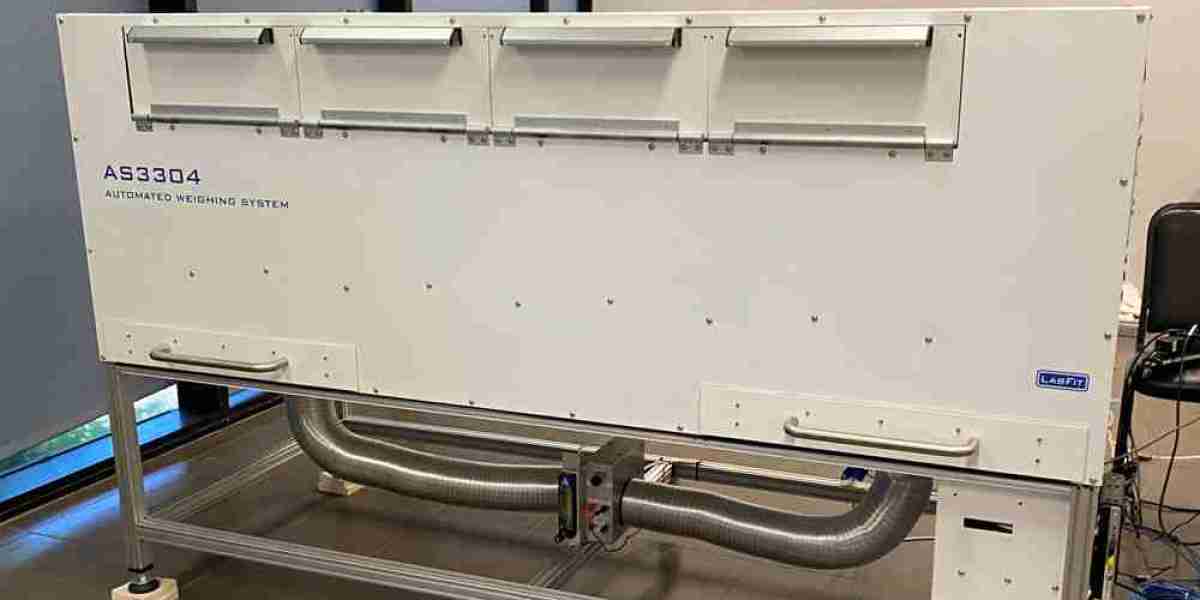Automated precision weighing refers to the utilization of advanced technology and equipment to conduct accurate and precise measurements of mass without manual intervention. This process involves the deployment of automated weighing instruments, often equipped with features like automatic calibration, digital readouts, and programmable settings.
These instruments can be integrated into automated workflows, linked to computer systems, or even employ robotic systems for sample handling.
The primary aim of automated precision weighing is to enhance accuracy, efficiency, and consistency in measurements while minimizing the potential for human errors. This approach is widely employed in various industries, including pharmaceuticals, chemistry, food and beverage, environmental testing, and manufacturing. The benefits of automated precision weighing include improved accuracy, faster processing times, enhanced workflow efficiency, and the ability to integrate seamlessly with data management systems for streamlined record-keeping.
Common equipment used for automated precision weighing includes automated analytical balances, robotic systems for sample handling, and integrated weighing solutions in production lines. Calibration in these systems is often automated, ensuring regular and accurate calibration to maintain measurement precision. Considerations for implementing automated precision weighing include the specific needs of the application, integration requirements, maintenance considerations, and compliance with industry standards.






